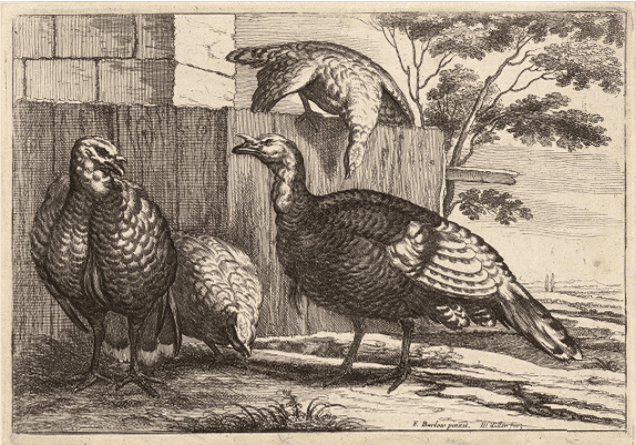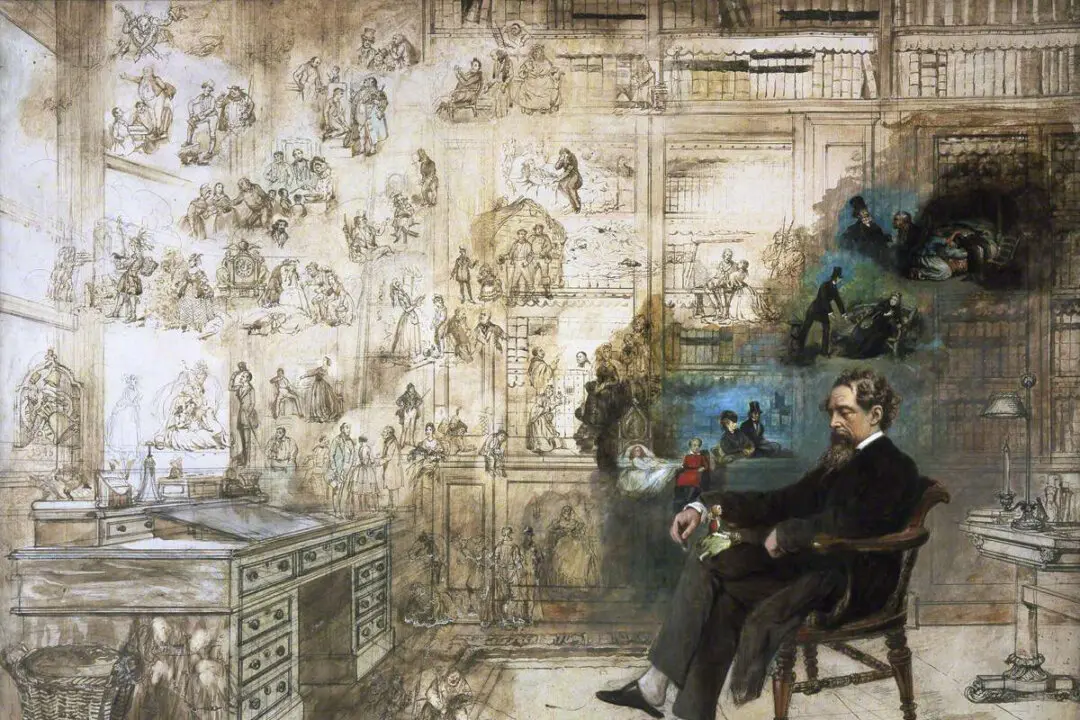American poet Walt Whitman wrote: “Behold I do not give lectures or a little charity, when I give I give myself.” As we approach this season of giving, we must not scold, lecture, or give halfheartedly. Rather, we must give entirely. Through such wholehearted giving, we cultivate humility, gratitude, and kindness in ourselves and inspire them in others.
In his short story, “Why He Carried the Turkey,” James Baldwin follows the kind actions of an old man who carries a turkey for a proud young man. Through the old man’s actions, Baldwin shows that generous giving allows us to not only grow in virtue, but also touch and inspire others.






